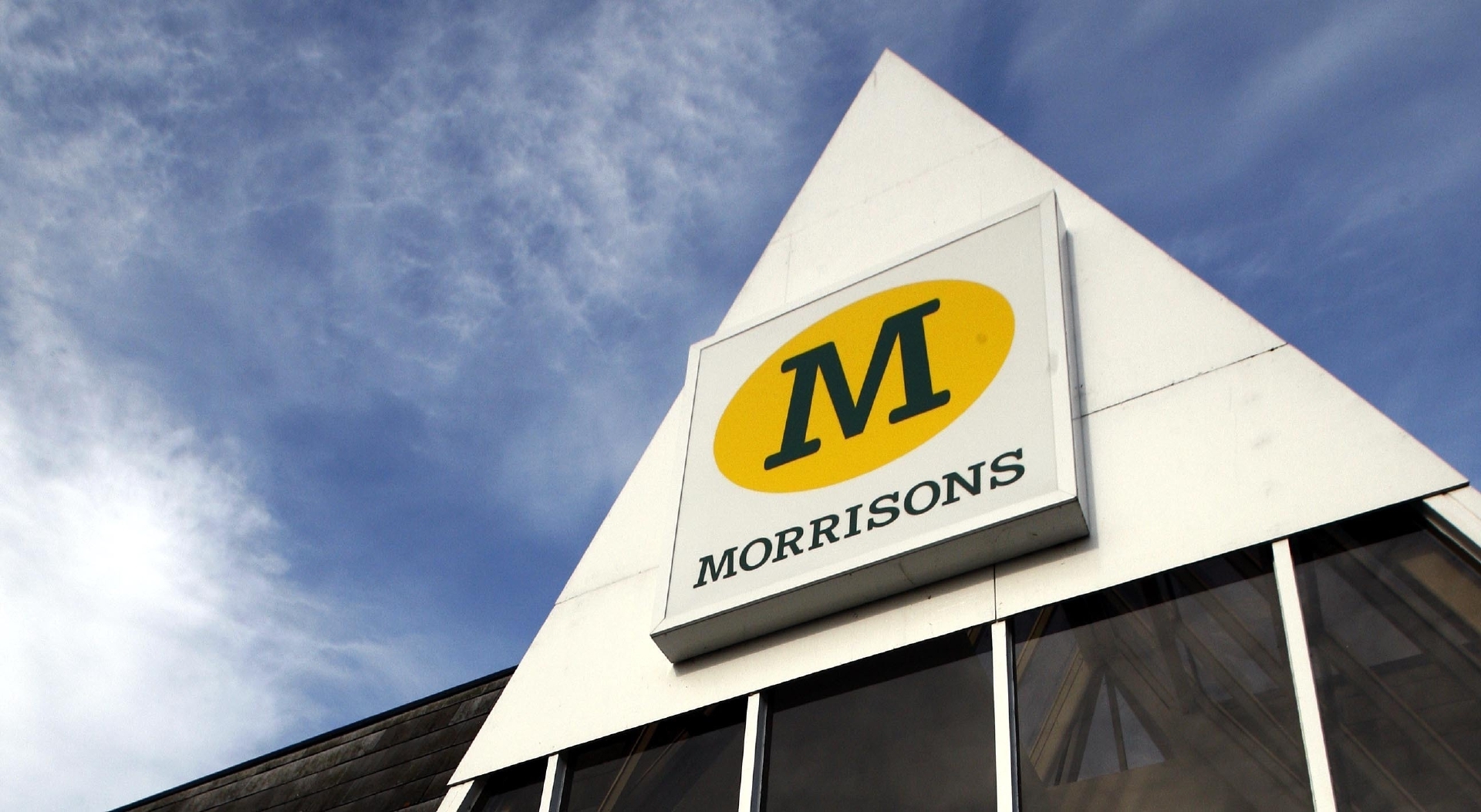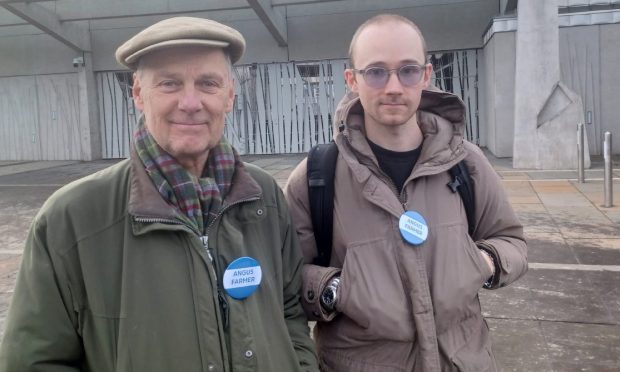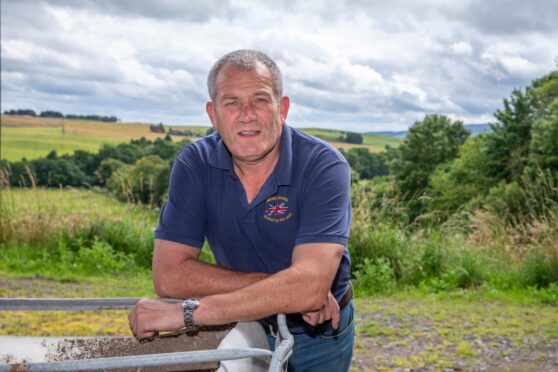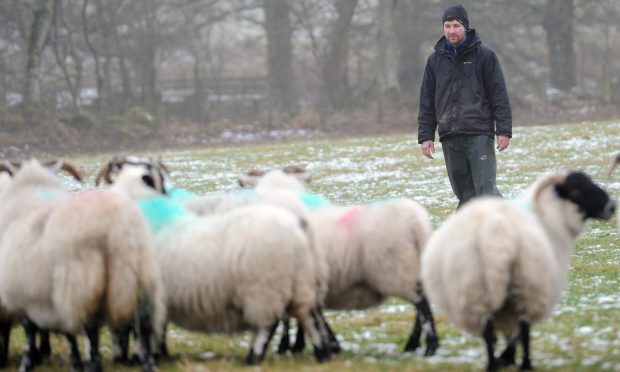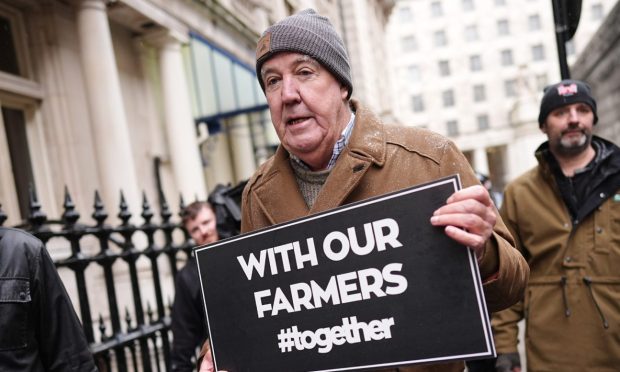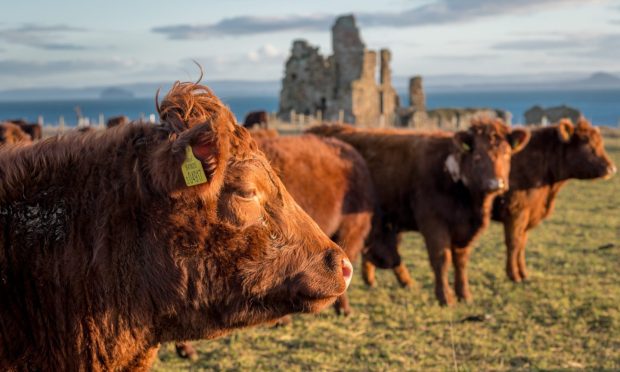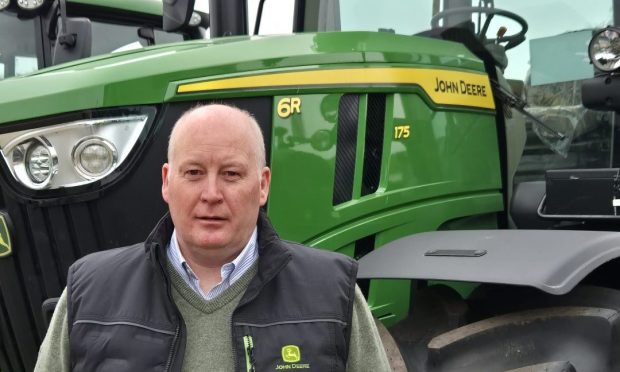Big four supermarket giant Morrisons has announced it will recruit more than 200 new British food suppliers in a bid to drive up self-sufficiency and local procurement across the UK.
Responding to a new report, carried out by Leeds University, Morrisons said it will invite local foodmakers from Scotland, England and Wales to pitch for new space on its supermarket shelves.
The university report revealed only half of food eaten in this country comes from UK farmers, while food consumed across Britain is produced by 168 different countries worldwide.
The Morrisons recruitment drive will begin on March 14 and will include a series of 12 regional pitching events – reaching Scotland during the week of June 5.
Food producers will be selected by region and the company hopes to have fresh food available in its 491 stores that was grown, made, picked or packaged within a 60-mile radius of any local retail outlet.
“The company has a priority of sourcing more local food and is keen to reduce the distance that food travels,” said a Morrisons spokesman.
Professor Tim Benton, lead author of the Leeds University report and an expert on global food security, said: “It makes absolute sense to build up a stronger local food sector here in the UK and increase our resilience, meaning we could maintain access to a range of quality, locally produced goods.
“Global trade has a strong role to play in our economy and for our nation,
especially because the UK can never be entirely self-sufficient, but producing and buying more food locally will increase our protection against risks.
“These risks, whether that be climate change or trade wars, could increase over time, but more importantly, we also need to recognise the benefits of supporting UK food making and production.”
The report also states that while the UK has potential to grow a greater range of products and supply a variety of markets, it recognises the country does not have any spare land for food production.
Under-investment in the UK productivity sector is highlighted and the authors said a national conversation about the wider attributes of consumption of UK-produced food is needed.
They also acknowledged while some produce would be impossible to
produce in the UK due to environmental factors, in some areas, local capacity does not exist to produce more diverse foodstuffs.
Morrisons chairman Andy Higginson said: “Morrisons is already British farming’s biggest single customer, and the publication of the report today from Professor Benton makes us more determined to produce more of our food and source more from local British suppliers.
“We want small UK food suppliers to become bigger ones and we also want to give our customers the option of more food that meets their local food tastes.”
Food producers wishing to pitch products can apply via www.morrisons.com/local.
The closing date for Scottish
applications is Friday May 5.
